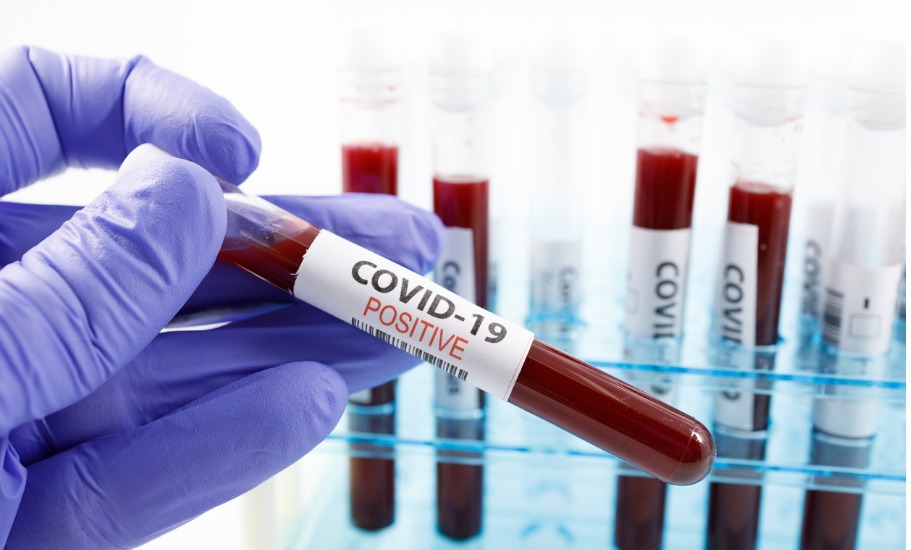
Cancer-treating drug may reduce COVID-19 severity in patients
In a step which may lead to a potential therapeutic approach for treating COVID-19, scientists have discovered that a drug which is already approved to treat various blood cancers, is related to reducing respiratory distress.

In a step which may lead to a potential therapeutic approach for treating COVID-19, scientists have discovered that a drug which is already approved to treat various blood cancers, is related to reducing respiratory distress. This drug may lead to reduction in the overactive immune response for COVID-19 patients.
According to some researchers, including those from the National Cancer Institute in the United States, the cancer drug acalabrutinib blocked the protein ‘Bruton tyrosine kinase’ (BTK) in some COVID-19 patients. This means that the drug provided clinical benefits to some of them. According to their study, published in the journal Science Immunology, the findings should not be considered as a clinical advice. It should remain to be tested in a randomised and controlled clinical trial.
This study was led by researchers in the Center for Cancer Research at the National Cancer Institute (NCI), in collaboration with some researchers from the National Institute of Allergy and Infectious Diseases (NIAID). Both the institutions are a part of the National Institutes of Health, and the U.S. Department of Defense’s Walter Reed National Military Medical Center. National Institute of Health has maintained that COVID-19 is an emerging, and a rapidly evolving situation.
According to scientists, the BTK protein, plays an important role in the immune system of the human body, including in macrophages which are the immune cells. These can cause inflammation by producing proteins known as ‘cytokines’. The researchers said that these proteins act as chemical messengers which help to stimulate and direct the immune response.
RELATED NEWS: Hydroxychloroquine useless for COVID-19 treatment: Oxford prof
The study said that in some patients with severe COVID-19 condition, large amount of cytokines are released in the body at once, causing the immune system to damage the function of organs such as the lungs. This process known as a ‘cytokine storm’.
The current study involved 19 COVID-19 patients with a confirmed diagnosis requiring hospitalisation, and with low blood-oxygen levels, along with evidence of inflammation. 11 out of the 19 patients had been receiving supplemental oxygen for a median of two days, while eight others had been on the ventilators for a median of 1.5 days.
According to the study, within one to three days after the patients began receiving the cancer drug, majority of them in the supplemental oxygen group, experienced a substantial drop in inflammation, and their breathing also showed improvement.

